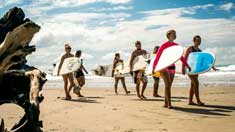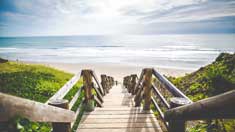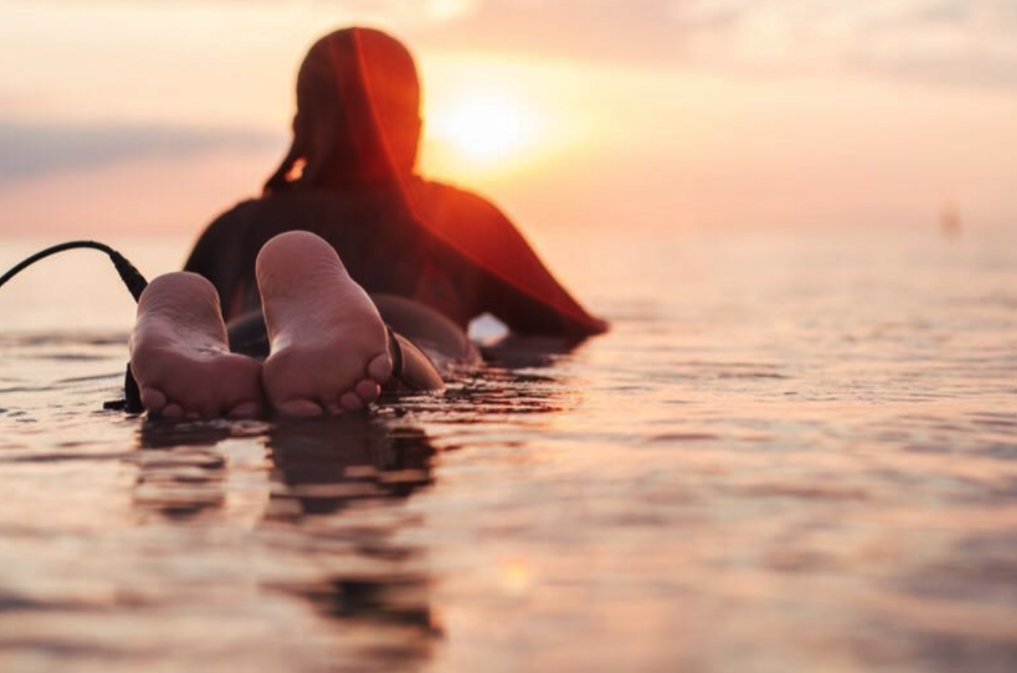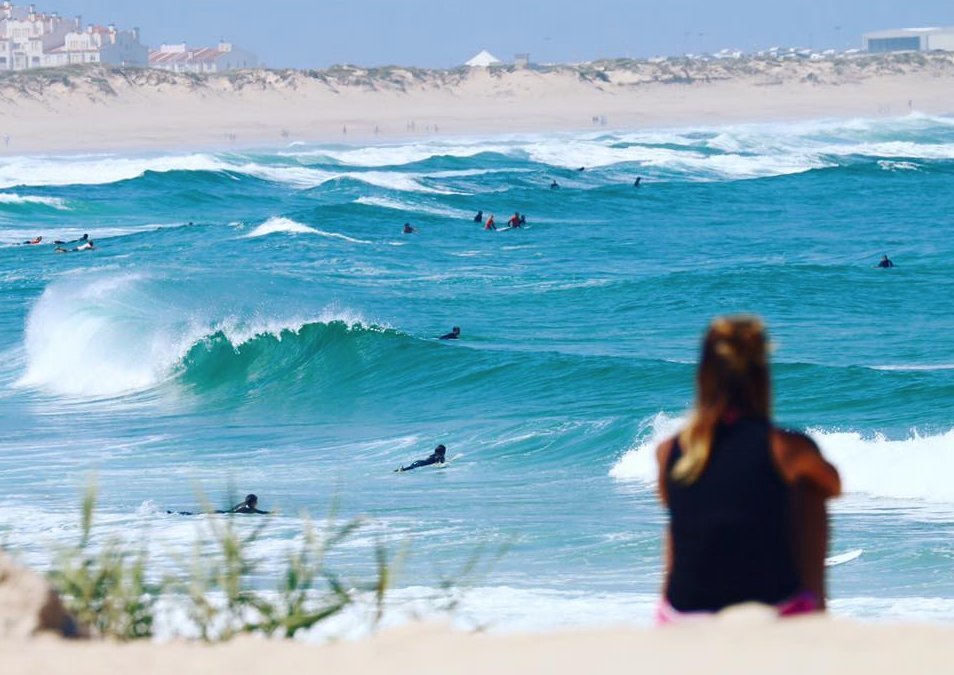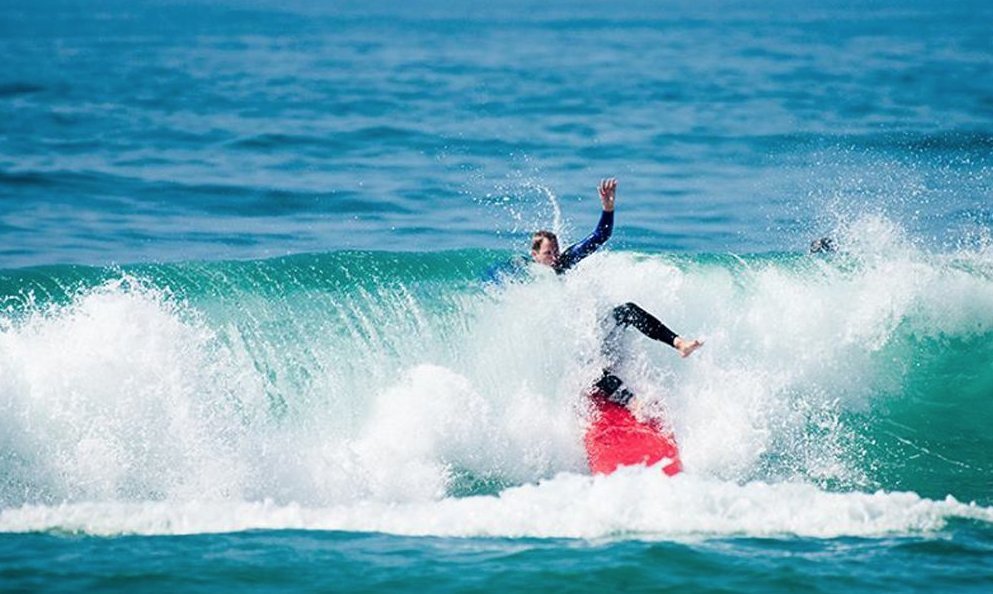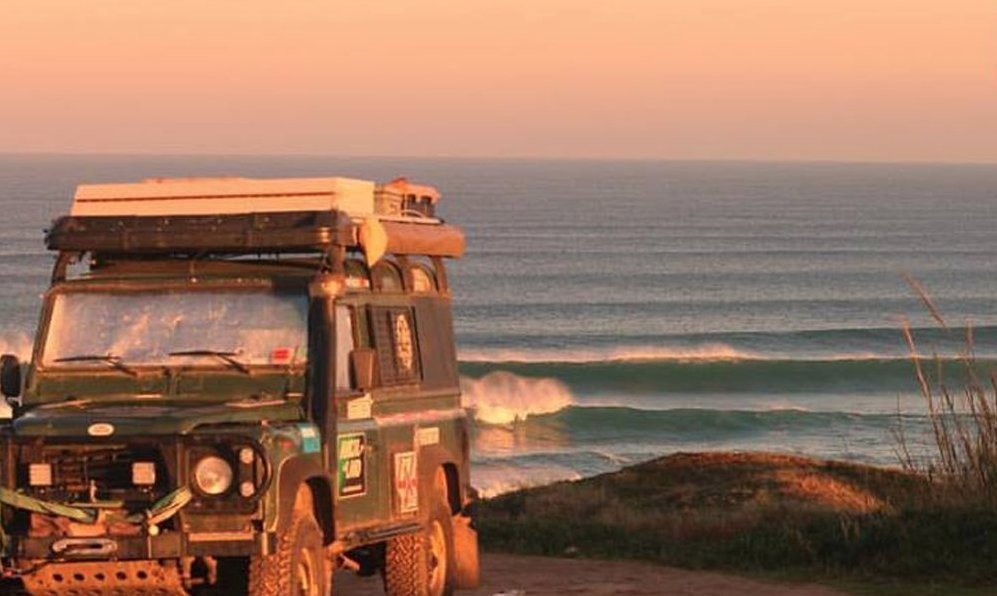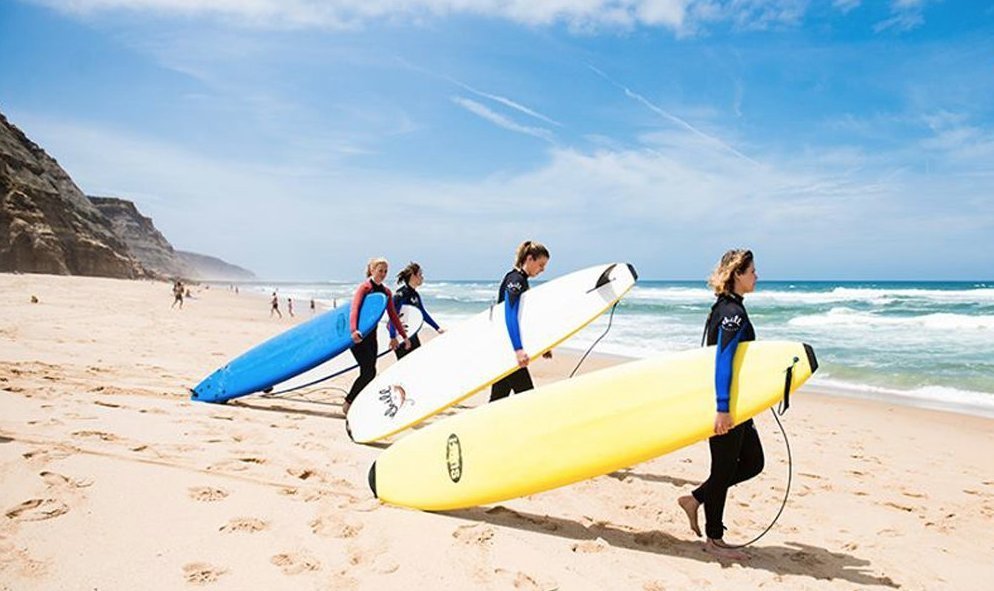1. Surfing is a way of life, it's not just a sport
When you learn to surf, you should know that it's not only about you riding a wave. More so, your entire attitude toward life will change immediately.
You will find yourself in different places, heading to different countries in search of waves. It's a constant sensation that keeps you buying plane tickets to foreign lands welcoming layovers, delays, and jetlags without a change of mood.
Once you're hooked, there is no coming back. Once you experience the feeling, only a surfer knows of gliding on a wave, cutting back into the crest of the wave, defining gravity in doing so, you'll feel like a fish out of water every time you're not in, around or near the ocean.
2. Surfing needs time – a lot of time
As a beginner, you should know this, surfing is one of the most intricate sports in the world. It is quite a challenge to enjoy first achievements. Wipeouts become your best friend, but triumphs come little by little, so don't get discouraged.
Surfing is beautiful in its own way because it's one of the rare experiences in life you can never fully master. Even the best surfers get hit by unexpected, huge waves, missed sections, and wipeouts.
But remember all these shredders who dominate the lineup, seemingly being able to do whatever they please on a wave, have been in your situation too, so never give up. Surfing will hurt you once, it will hurt you twice – but one day you will have a smile on your face that cannot be removed.
Stay positive, patient, resilient, and be passionate about a lifestyle that can give you so much.

